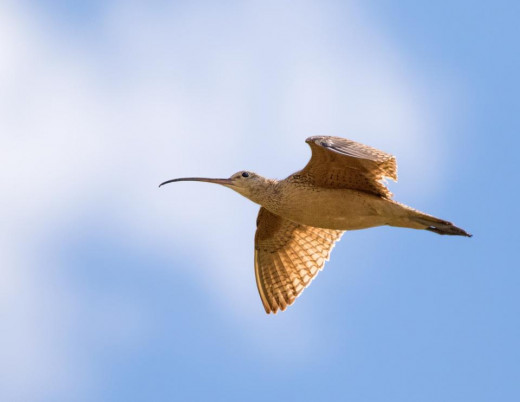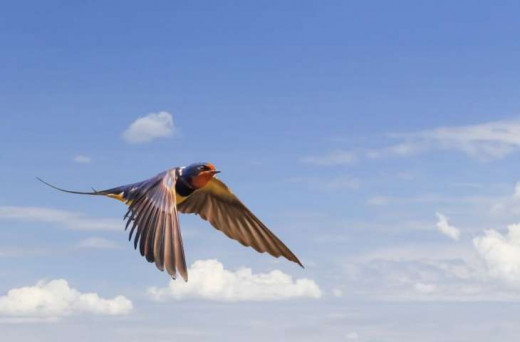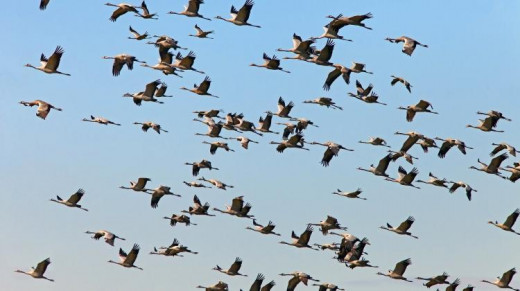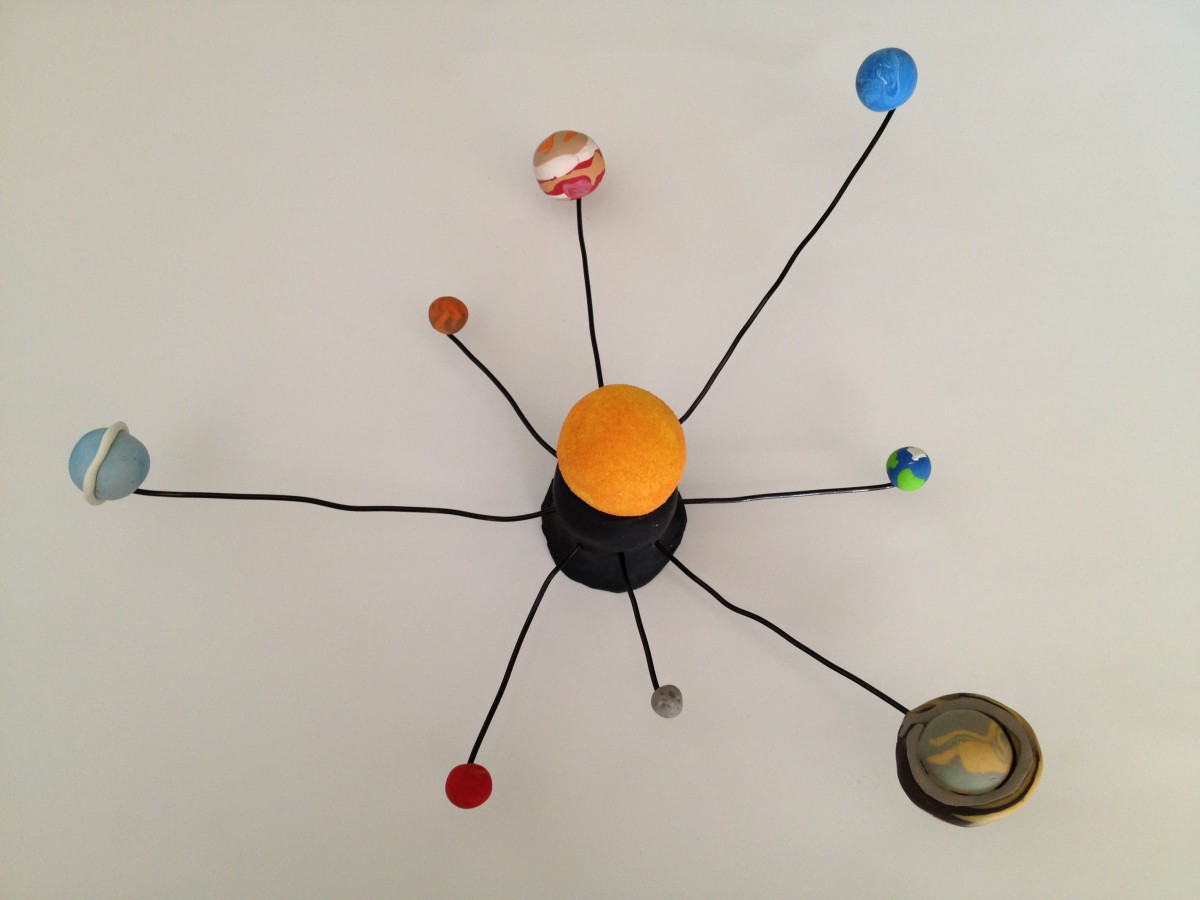Do We Let the Stork Pass Safely?
The latest studies showed that there are more than 395 species of birds in Lebanon, some of which are migratory and some that are resident. Lebanon is located on the most important paths of bird migration in the world. Every year, during the spring and autumn migration, millions of birds pass over Lebanon on its way to its breeding grounds in Asia and Europe or to its wintering regions in Africa.
Bottleneck
The African Aviation - Red Sea route in the Red Sea, whose mountains are considered the "bottleneck" of the Lebanese mountains, is one of the most important airlines for migratory birds in the world, as birds migrate twice annually in the spring from south to north and in the fall (vice versa) From the north of the globe to the warm south.
Migratory birds over Lebanon settle in a vast area that extends from Europe to Asia, so that Lebanon is the bottleneck of flying birds that cannot migrate over the sea, and therefore must pass through Lebanon. Hence, the killing of a specific group of these flying birds may mean the elimination of the entire group of a specific country. Flying birds such as storks, pelicans, and birds of prey need hot air currents that form only over land in order to rise to high altitude, enabling them to fly for long distances without the need for flutter and thus provide the basic effort and energy to survive during migration. From here we see them circling in circles as they rise using these upward air currents.


Destruction of Resting Places
Migratory birds need safe rest places along their path as they can find enough food to regain their strength. But with the constant destruction of important habitats of birds, specifically forests and humid places, rest places are rare. The random hunting of birds and the use of poisonous pesticides increases the pressure on migratory birds.
Associations have monitored the number of birds killed annually in Lebanon at more than 2.6 million birds! These birds belong to the various permitted and protected species. Also, these birds are killed during the whole year without respecting the breeding season.
Multiple means and the result is one that is adopted in Lebanon. Several means for killing birds include hunting rifles, nets, sticky birds, birds sound simulators, captive birds that are used to attract wild birds for hunting or for the purpose of catching and selling them ... etc.
In recent years, new types of killing methods have emerged, chasing swarms of flying birds to find out where they are housed at night, to finish them under cover of darkness only for the pleasure of killing. There are also other ways to use lights at night that are erected under a leafless tree to attract migratory birds at night, such as ghee and others. Upon seeing the light and the tree, the bird lands for rest and is killed in the lightest way possible and in the greatest numbers!
What has Changed?
Thousands of birds wounded by fishermen die every year in Lebanon in vain. Including what is brought to interested societies or individuals and taken care of at the expense of individuals. Some of which die and some that are handicap forever and the strong ones are released.
Granting 16,102 wild fishing licenses during the past year is not an achievement
The law states that the wild hunting season ends on January 31, 2018 and every violation after this date will be pursued and fined according to the Wild Hunting Law 580. Despite this, several violations were documented after the closing of the hunting season, and the Lebanese Alliance for Bird Conservation (members Shadi) was sent Andari, Jolly Lebanon and Fouad Itani) pictures of storks that were killed in the Bekaa region days ago and in Qarnayel, Amiq, Danniyeh, Mount Trebel and Beit Awkar ... for example.
Almost a month ago, the Ministry of Environment announced that during the past year it granted 16,102 hunting licenses as if it was an "achievement", while the remaining biologists in Lebanon received the news with great regret and grief, that the role of the Ministry of Environment was to organize the killing of birds instead of protecting them!
Several violations were uncovered, including what was referred to the competent authorities, and hundreds of wild birds for sale in the Sunday market in Beirut were confiscated and released. On the other hand, there has been default in other areas and regions. However, the civil society must continue to pressure to support and reinforce the positive measures that have been taken, as well as an indication of shortcomings to improve them.
Open Letter
By the way, a group of 52 Lebanese and European environmental societies, including partners of the BirdLife International in 28 countries, signed an open letter addressed to the President of the Lebanese Republic to activate the peace treaty between humans and birds in Lebanon that President Aoun had launched in April 2017. The letter calls for strict enforcement of the law on wild hunting in Lebanon (580/2004) during the spring migration this year and at all times, to stop killing birds banned from hunting and to make the sky of Lebanon safe to cross migratory birds, especially storks. The message concluded: "As the spring migration season approaches, we are very concerned for the safety of birds returning to Europe who are eagerly awaiting their return."

This content is accurate and true to the best of the author’s knowledge and is not meant to substitute for formal and individualized advice from a qualified professional.
© 2020 Hafiz Muhammad Adnan








